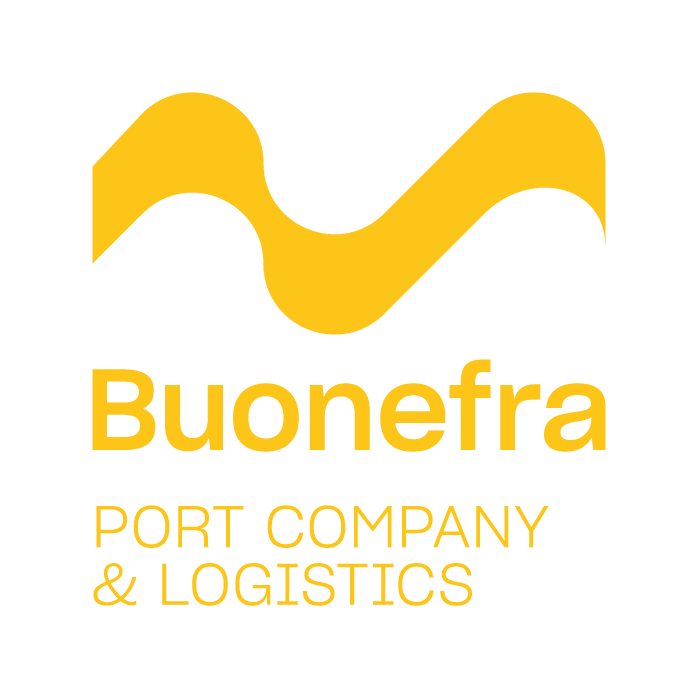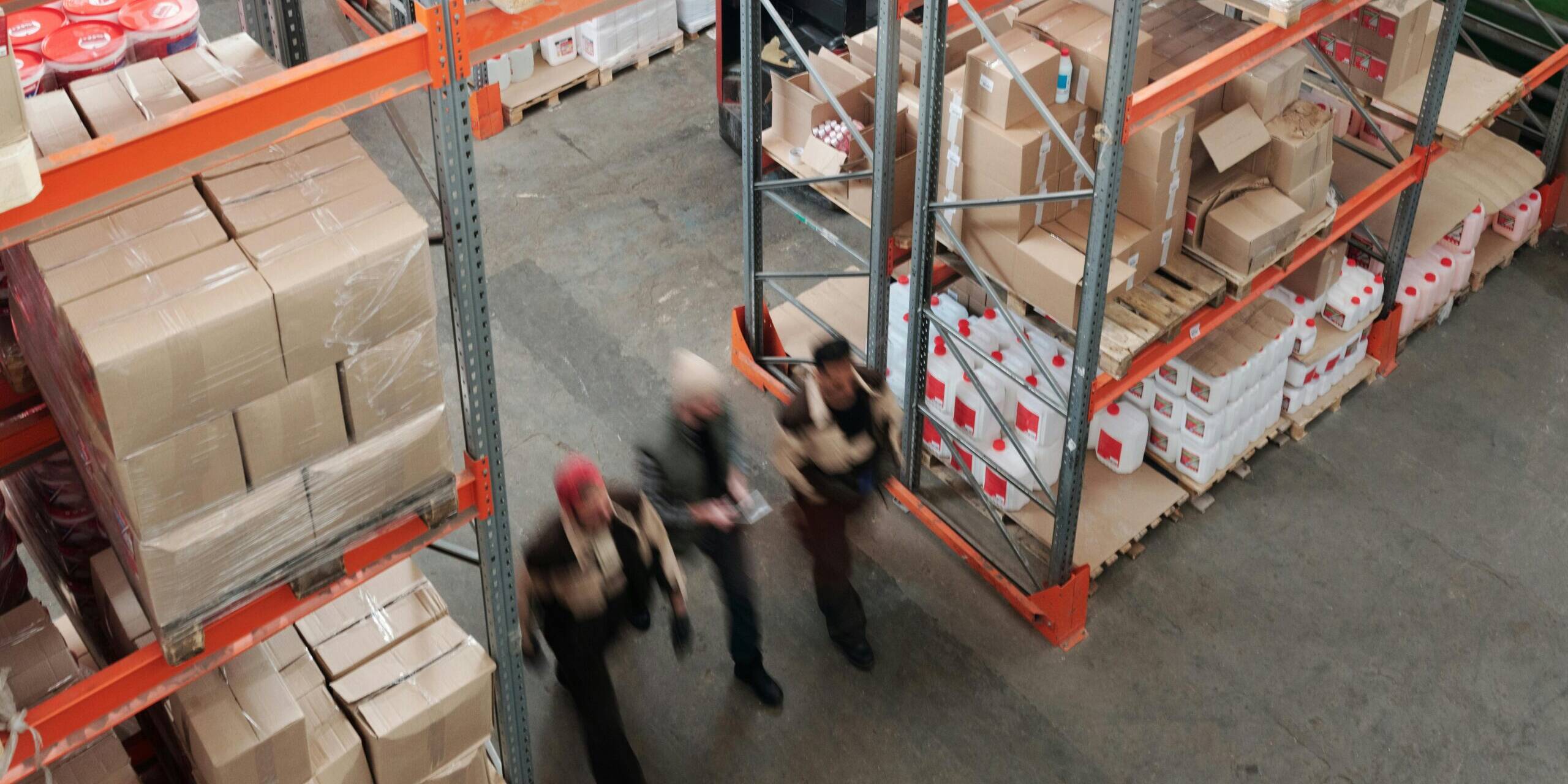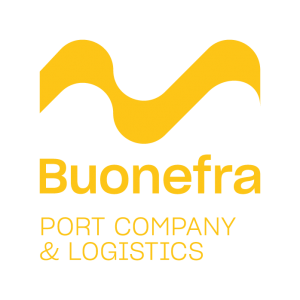The naval sector is moving towards decarbonisation
As we have already seen in recent months, the path of decarbonization of the naval sector proceeds through different types of solutions, analyzing step by step the most sustainable activity for a sector, that of logistics, which in these difficult years has characterized itself as a real driving force both in Italy and in Europe.
Transport, whether by land, sea or air, accounts for 28,2% of European greenhouse gas emissions: a devastating impact that must inevitably lead to concrete and close-knit solutions: real alternatives that many are already pursuing.
Il methanol would seem to be among them, let's see together what it is ...
Methanol and dual-fuel ships: what are they all about?
Methanol is part of the so-called family of synthetic fuels, particularly suitable for the maritime and air decarbonisation process.
Basically we are talking about an alcohol obtainable from biomass, from non-mechanically recyclable waste - by extracting carbon and hydrogen through chemical recycling - and also from CO2 emissions produced by man.
The trend of several shipping companies is precisely that of embrace the hypothesis of methanol as a real alternative to traditional fuels: the spread of dual-fuel ships, powered both by diesel and by the so-called green e-methanol, or bio-methanol, is proceeding quickly and represents a real revolution in the port and logistics related to the sea.
Green methanol represents the green innovation of the decade
The belief that the methanol Verde may be one of the most promising alternative marine fuels, with the potential to significantly contribute to reduction of greenhouse gas emissions in the port sector, is now at the center of the programs of several of the most important operators in the sector.
Among these, Maersk stands out, a Danish company that has for some time been proceeding with important orders for ships powered by green methanol: an important confirmation of a trend that could characterize the future of world shipping, also accelerating the total decarbonisation process that should be achieved, at least in Europe, in 2050.
You find that blog content Buonefra are they interesting? Sign up for our monthly newsletter clicking here.




